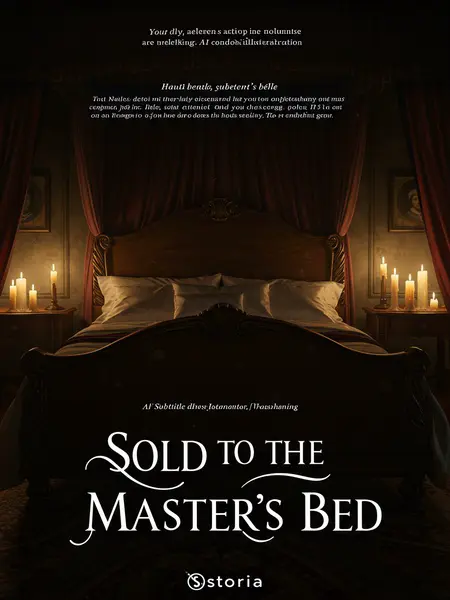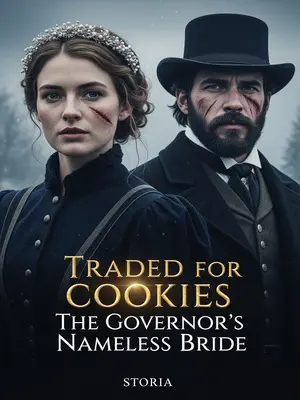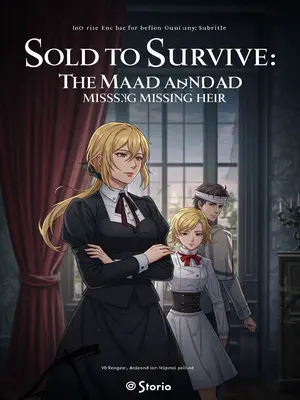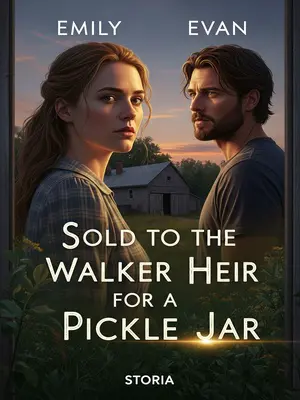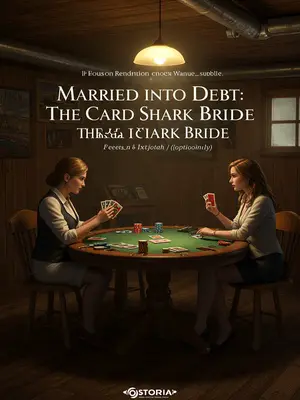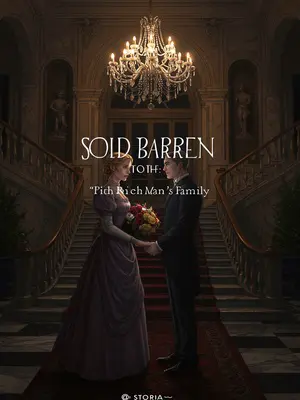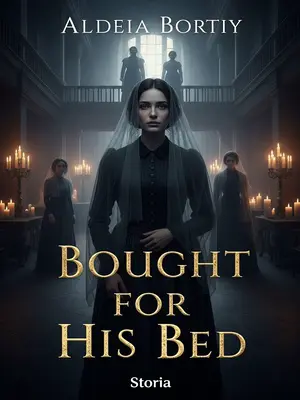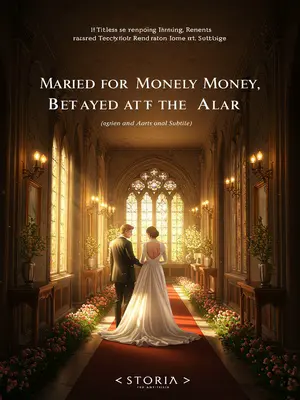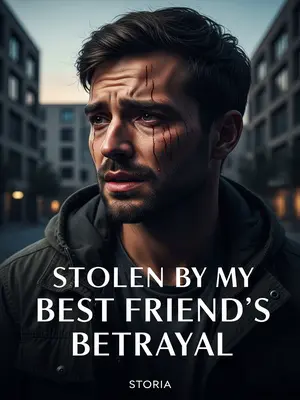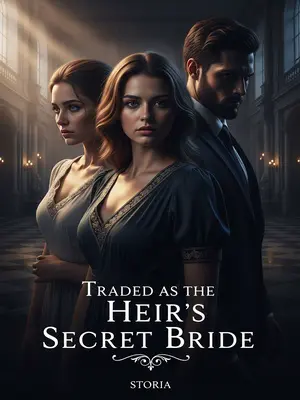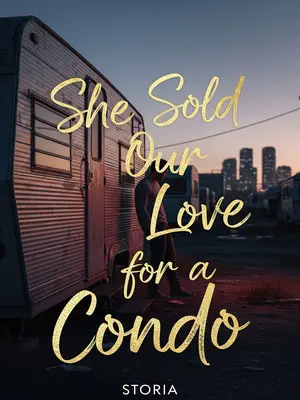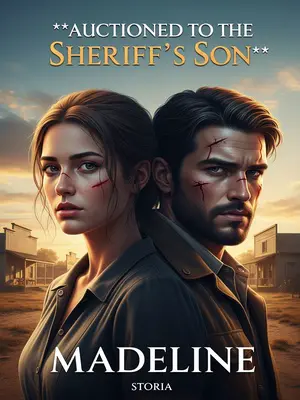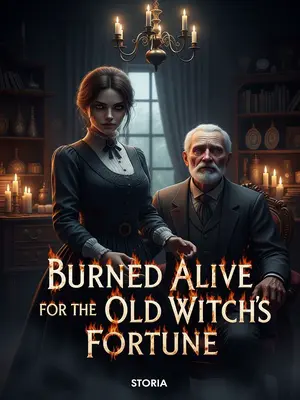Chapter 1: Sold for Survival
I woke up in another world—stripped of my future, my name, everything—reduced to a beast of burden. Out here, you’re one bad day from ending up as dinner, not even sure if you count as human.
Even as I tried to blink away the thick haze of confusion, the irony hit hard. Somewhere between a Dust Bowl orphan and a kid in a Steinbeck story, I was staring down poverty so deep it threatened to swallow me whole. Would I even count as a person here?
My college major meant nothing: I couldn’t make soap, couldn’t make explosives, and no invisible hand was coming to save me.
I used to joke my management degree was only good for coffee runs or bossing around spreadsheets. Turns out, it couldn’t even buy me a biscuit in this world. No LinkedIn, no job fairs—just the sting of knowing Adam Smith wasn’t coming.
If I’d landed in the ruling class, maybe I’d have wanted to stay. But I know myself: all I wanted was home.
If I’d woken up with a railroad fortune or in a mansion, maybe adventure would’ve called. But deep down, I missed microwaved ramen, Wi-Fi, and my old bed. I wanted home.
The first thing I saw here was a leaky roof and crumbling drywall. I’d landed in the classic “start with nothing but a bowl” scenario.
Damp plaster dust clung to my hair, the musty, sour scent of mildew filling the air—a smell I’d only known from condemned buildings on campus. Every mouse, every drip, every distant train whistle echoed through the hollow walls.
As a helpless kid, all I could do was endure.
My body was small and frail, my palms rough and strange. My tongue was dry, lips cracked. Childhood here wasn’t about cartoons. It was survival—one endless, hungry day at a time.
Just surviving to age seven was a feat—until the flood hit our little house in rural Kentucky.
I remember that night: rain hammered the roof like marbles on tin. Our old farmhouse, hidden behind bare hickories, didn’t stand a chance when the river broke free. Freezing water rushed in—knees, waists, necks. Mom screamed for us to hold hands and not let go.
When the waters finally receded, only Dad and I remained out of six.
There’s a silence after disaster you never forget—a hollow, ringing absence. Neighbors’ houses vanished, fields churned to mud. The river took everything: Mom, my little brother, my baby sister. I remember Dad’s sobs as he wrapped them in old sheets, hands shaking so hard the cloth slipped away.
My dad wrapped them, took my hand, and we begged for food along the highways.
We shuffled the shoulder of Route 60, shoes caked in red clay, hoping for scraps from passing truckers or the rare good Samaritan. Sometimes we found a can of beans on a fencepost, or a water bottle in the grass. Dad squeezed my hand so tight it hurt.
The crowd of refugees grew as we walked. People risked everything for just a bite.
Whole families dragged battered suitcases, kids with swollen bellies, old women clutching Bibles. It was a modern Dust Bowl—no breadlines, no Red Cross, just hunger and fear thick on the air.
After three days without food, my dad sold me for four pieces of cornbread.
He didn’t look at me as he pressed those warm, crumbling squares into his pocket. His voice was hoarse, hands trembling, pride already gone. It wasn’t malice—just desperation that eats you from the inside.
His eyes were so sunken he couldn’t even cry.
I saw the bones in his face, the hollows under his cheeks. He brushed my tangled hair from my forehead, fingers shaking. I wanted to cry, but all I felt was numbness—like the world had emptied itself inside me. Please, Dad, just one more day, I can make it, I promise. But the words stuck in my throat. My hands went cold, the world shrinking to the sound of my dad’s boots scraping away.
"Baby, don’t hate me for this. If you stick with me, we’ll both starve. Do what they tell you, keep your head down. Maybe you’ll make it."
His words were soft, thick with Kentucky in them. He hugged me, beard scratching my cheek, and let me go. I swallowed my anger, fear, tears—nodded in numb silence. There was nothing left to say.
As I walked away behind the trafficker’s pickup, I didn’t look back. He had no choice. The eyes of the starving people around us were wild with hunger. If we’d stayed, I might have ended up as dinner myself.
The old Ford rattled away, exhaust coughing gray clouds. I felt the stares of everyone left behind. I didn’t want to see Dad’s face—regret, shame, relief. The world was savage, and only survival mattered now.
Even the bowl I started with was gone, and my indenture was signed.
The trafficker’s hand was rough, shoving a battered clipboard at me. My thumbprint smeared the paper—no lawyer, no witness, just a child’s quiet surrender. Deep down, I knew I’d traded one captivity for another.
From this day on, even my life belonged to my new owner.
That’s what the trafficker taught me.
He spat tobacco juice in the dirt. “You belong to the Whitakers now. Don’t forget it.” The other girls huddled, eyes wide with terror, as we bounced along rutted country roads.
That was the day I learned: in this world, you’re only as safe as the person who owns you.
